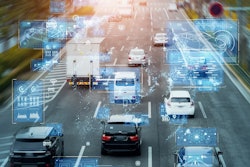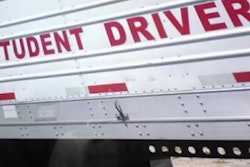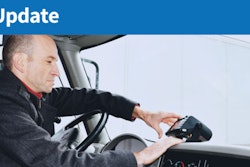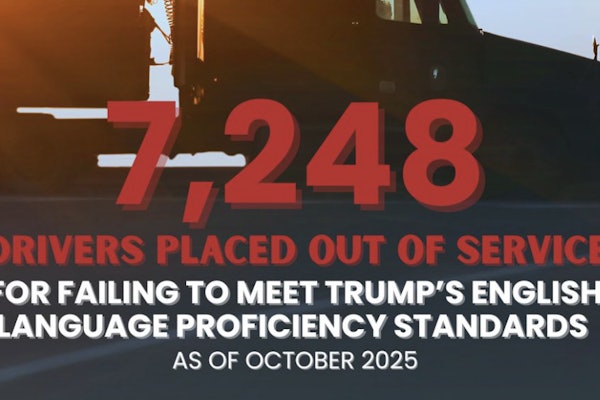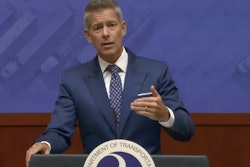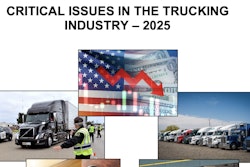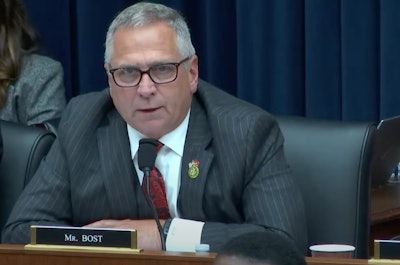
Three of the four people who testified Wednesday, Sept. 13 during the House Highway and Transit Subcommittee's hearing, “The Future of Automated Commercial Motor Vehicles: Impacts on Society, the Supply Chain, and U.S. Economic Leadership” claimed that self-driving trucks are not only safe but will improve highway safety and that they will create, not eliminate trucking jobs.
However, several of the Representatives on the panel, including one whose family owns a trucking business, raised questions about those beliefs.
Testifying at the hearing were:
- Chris Urmson, co-founder and CEO of autonomous truck maker Aurora Innovation
- Jeff Farrah, executive director of the Autonomous Vehicle Industry Association
- Chris Spear, president and CEO of the American Trucking Associations
- Cathy Chase, president of the Advocates for Highway and Auto Safety
Urmson, Farrah, and Spear all, not surprisingly, spoke in favor of and the need for self-driving trucks. Chase, on the other hand, raised questions about not just the safety of autonomous trucks but also conventional rigs on the road today.
RELATED NEWS: Teamsters weigh in on federal regulations for autonomous trucks
"Autonomous vehicle technology is not science fiction," said Urmson in his opening remarks. "It's not hypothetical. In fact, it's already here."
He said Aurora is already hauling 50 loads per week between four cities in Texas. Urmson said every truck has a CDL-holding operator behind the wheel and another technician in the passenger's seat monitoring the self-driving system.
He added that Aurora is "working hard to ensure that autonomous vehicles can operate safely." Urmson also said he knew the company also has to build trust with lawmakers, regulators, customers and the communities where Aurora operates.
Farrah said autonomous trucks "will deliver safer roads, as well as supply chain and global competitiveness benefits." He added that "safety drives everything we do in the autonomous vehicle industry," and "autonomous trucks will make us all safer."
Saying 5,800 Americans died in truck crashes last year, Farrah added that the overwhelming cause of those crashes was human error, and that "autonomous trucks are designed to remove that error from the equation and are programmed to serve as model drivers."
Farrah also said autonomous trucks constitute a "true win-win situation for America's workers and the economy as a whole." He added that the industry needs truck drivers who are vital to our nation's supply chain. Autonomous trucking will coexist with America's truck drivers as it rolls out deliberately over a number of years." He said federal statistics show autonomous vehicles will create some 35,000 jobs per year for the next 30 years.
Like Farrah, the ATA's Spear raised the specter of the trucking industry not having enough drivers and added that autonomous vehicles are a critical part of efforts to move America's freight. Spear said the industry will need to hire 1.2 million drivers in the next 10 years to keep up with demands.
Those demands are such, said Spear that autonomous trucks can be utilized without displacing drivers. Those vehicles will also improve the job of the truck driver, making it safer, more productive, and less stressful, according to Spear. He also said the movement of livestock and hazardous materials will continue to require a driver at the wheel.
Spear also said autonomous vehicles are vital to attracting the next generation of drivers, and added that the federal government must act to ensure the U.S. is the leader in the field of autonomous trucking and "not be relegated to being a bench warmer."
Chase of the Advocates for Highway and Auto Safety, said nine out of 10 people contacted by her organization say they are concerned about sharing the road with driverless trucks. She added that all autonomous trucks should be required to always have a driver onboard and that trucks currently on the road ought to be outfitted with automatic emergency braking systems, side and back underride guards, and speed limiters.
During the hearing, one of the Representatives shared his own trucking history and explained how it colors his outlook on autonomous trucks.
Rep. Mike Bost, a Republican from Southern Illinois, said he grew up in the trucking business that his grandfather started, and given that background has some "serious concerns about autonomous trucks." He made clear he was not opposed to self-driving trucks, but did want to be sure that "certain roles of human drivers are not lost."
Bost added, "My big concern is that the only ones that will have access are the mega trucking companies or those who can make the major investments and that it will strangle the small trucking companies out of business."
He also said he had concerns about how much safety can be put into autonomous trucks. Bost added that the U.S. has enemies "that know how to tap into technology" and could cause problems if the country becomes too dependent on autonomous trucks.
Bost also took the opportunity to say trucking faces problems caused by regulations concerning hours of service and mandated electronic logging devices. He said they exclude the driver from using common sense and common safety.
The sponsor of pending truck parking legislation, Bost said he would hate to see technology mean the industry is no longer dependent on truck drivers, and technology should not destroy the jobs that many truck drivers love.






